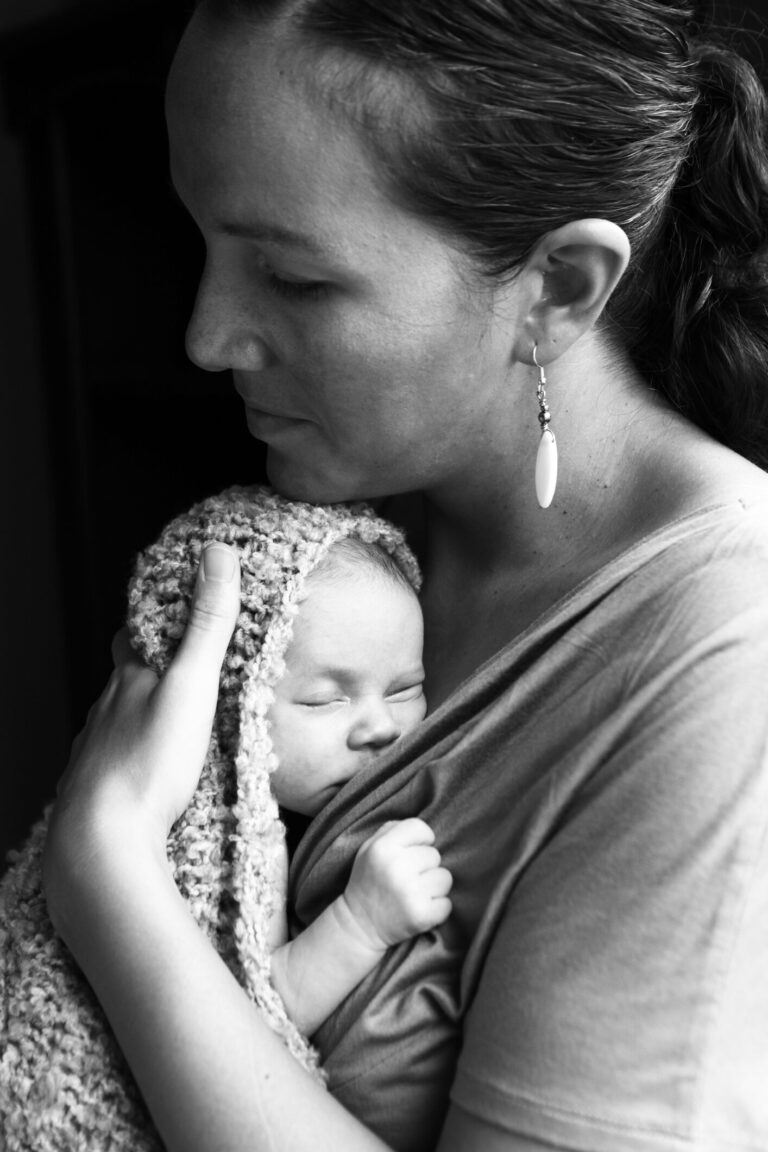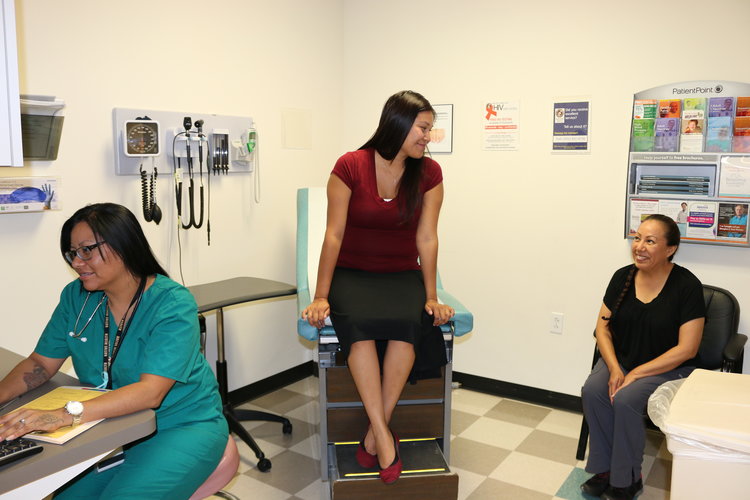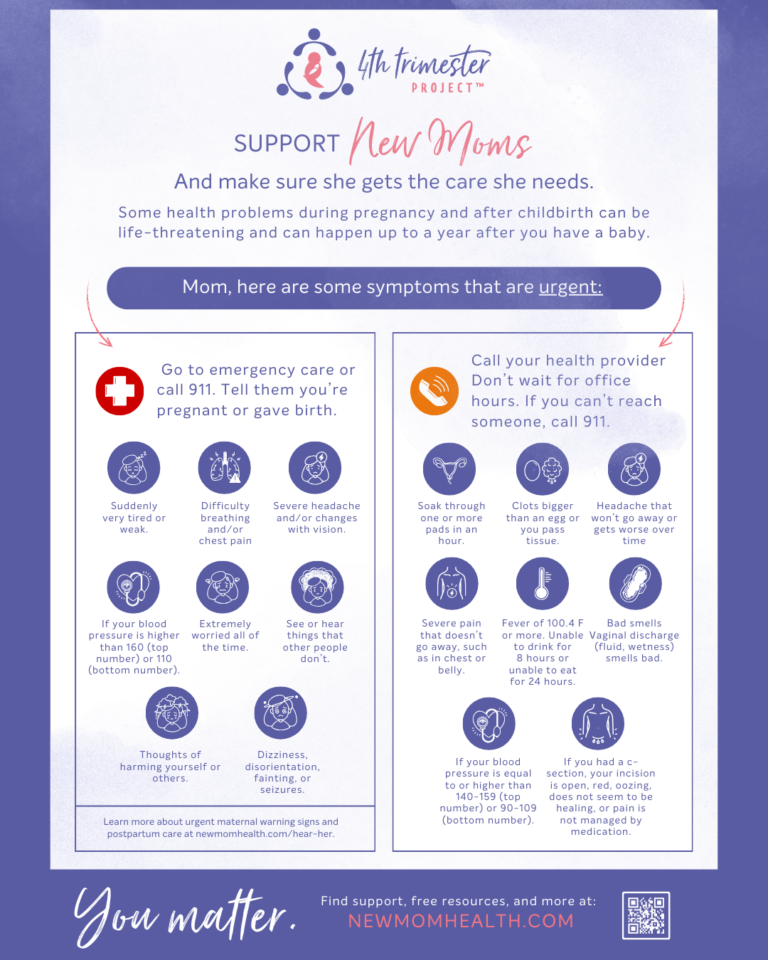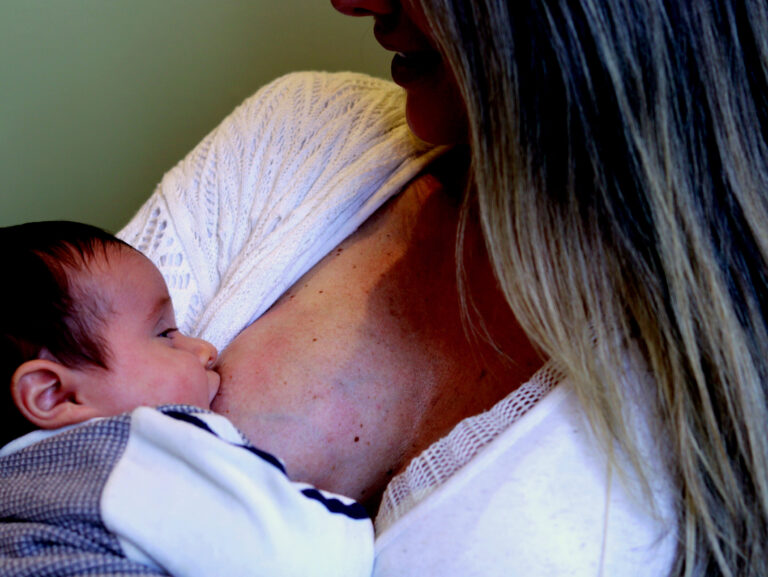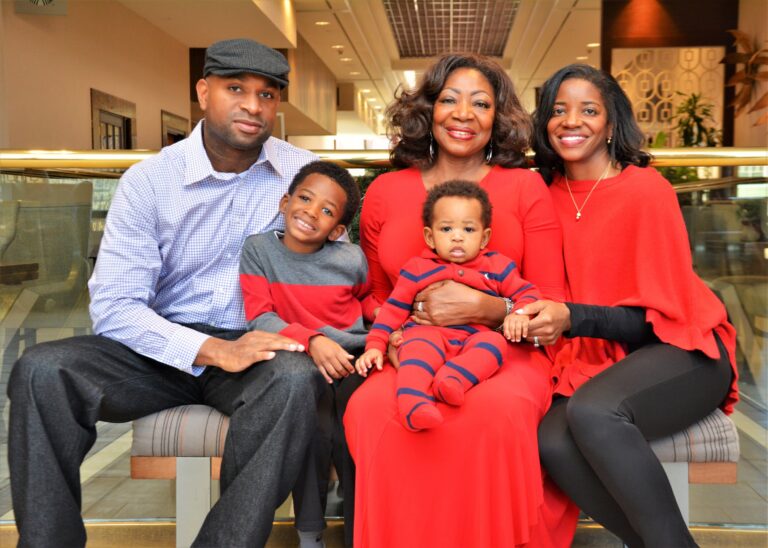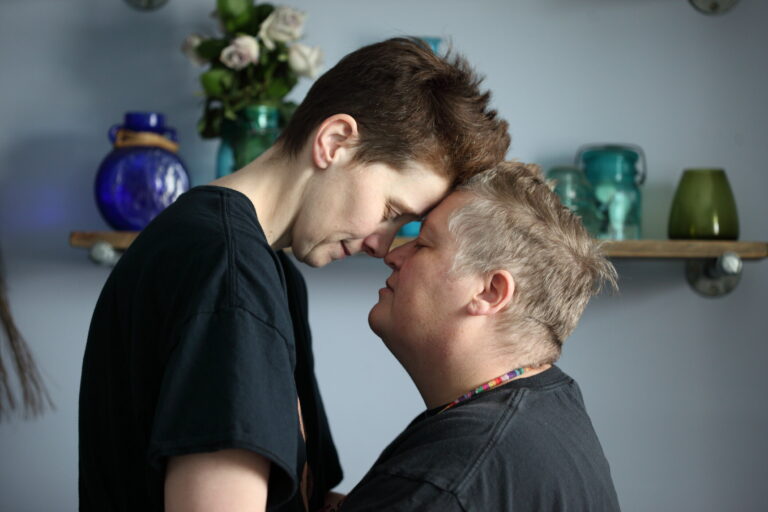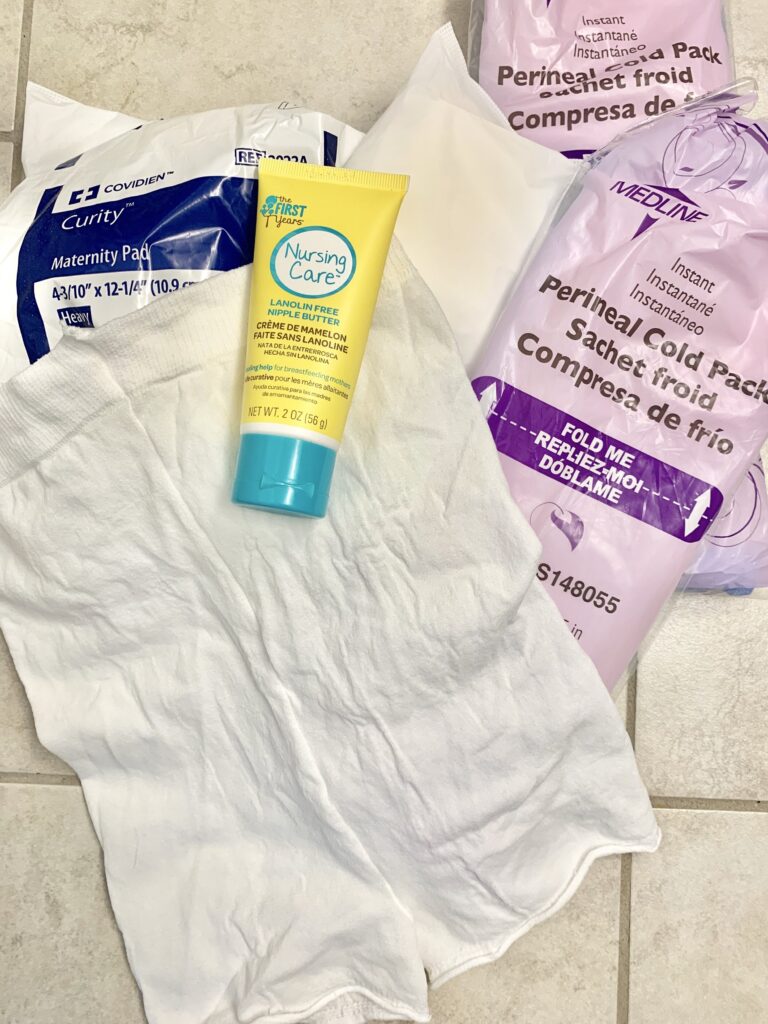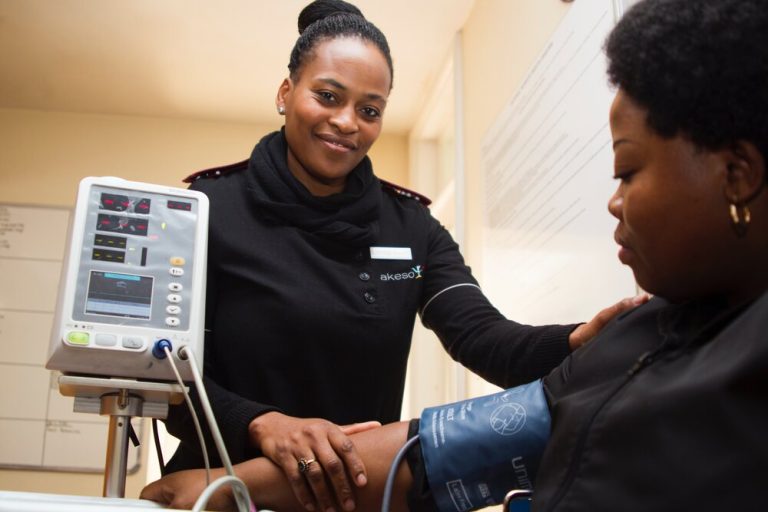What does self care look like for you?
Just as important as taking care of your new baby is taking care of you. You may have a lot of questions and concerns about what your body has gone through or is going through after childbirth, and that is perfectly normal. We are here to help you answer some of the most pressing questions you might have. In this section, you will find resources and tips for new moms that help you better take care of yourself after giving birth.
Jump to topics:
How do I heal and recover after childbirth?
Growing a baby and giving birth is very taxing on a woman’s body and emotions. During a time where usually a lot of attention is placed upon the newborn child, mothers sometimes don’t receive the care that they need. It’s important to care for the mother just as it is important to care for the newborn child. Women are strong and resilient, but will benefit from the care and understanding of those around them. We have put together this set of resources to help answer common questions women have about their bodies and emotions right after childbirth. View all topics.
What about my breasts after childbirth?
After your baby is born, your breasts will start producing colostrum (a thick, yellowish liquid that is packed with nutrients for your baby). On the second or third day, your milk will come in and your breasts will begin to feel full and engorged. In the first few days your nipples will be extra sensitive and it may be uncomfortable when your baby first latches to breastfeed. If you continue to feel discomfort after 20-30 seconds, it’s a clue to adjust your baby’s position until it’s comfortable. View all topics.
How do I stay well after childbirth?
Just like on an airplane when you need to put on your own oxygen mask before you help others with theirs, you need to prioritize your well-being during the fourth trimester. Feeling good and strong is important for your health and will help you and your family thrive. Think of it as putting on your own oxygen mask first so that you can help others. Getting as much sleep as you can is important for staying well, so sleep when the baby sleeps. Accepting help to care for yourself is a sign of strength. If friends or family offer to bring over a meal or ask what support you’d like, tell them what would make you feel good. Some examples are letting visitors fold laundry, do dishes, walk the dog, read to or play with and older child, or watches the baby while you rest or take a hot shower. View all topics.
What about my emotions/hormones after childbirth?
You, your partner and your family members are going through a lot of changes during the fourth trimester. Roles as mothers, partners, daughters, and workers are changing. You are caring for a recovering body with little sleep. Your hormones have gone through big changes during pregnancy and continue to change after you’ve given birth. This is normal, but it can also feel confusing and overwhelming. Learn more about how you can handle common concerns about your emotions and mood during this sensitive time: view all topics.
What about my bottom and pelvic area?
Pregnancy and childbirth are hard on your bottom and pelvic area and it is normal to experience pain and other issues like hernias, hemorrhoids, anal tears and incontinence after you give birth. It can help to stay hydrated and add fiber to your diet so that bowel movements are easier. Soaking your bottom in a warm bath can also provide relief and help hemorrhoids shrink. View all topics.
What about sex and contraception?
It is normal to have a lower sex drive for weeks and months after childbirth. Some reasons for this include being tired and sleep deprived, being stressed, not having time, juggling infant care, experiencing negative feelings about your postpartum body and physical discomfort in your pelvic and bottom region. It is important to talk to your partner, explain your feelings about sex and listen to their feelings – try to have this conversation when you can both give it your full attention (such as when your baby is sleeping). Remember that vaginal intercourse is not the only way to be physically intimate and to enjoy each other. When you and your partner do decide you are ready to have sex, choose a method of birth control and use lots of lubrication. View all topics.
How do I build my care team?
Members of your health care team should listen to you and take your concerns seriously. Look for health care providers who feel helpful and trustworthy. Trust your instincts. If you feel that your current health team isn’t the resource that you would like them to be, consider options. You might write down what you are seeking in order to communicate your needs during appointments or, if needed, you can explore other options. Health care providers should be a resource. This means, you should feel safe with them and have honest conversations. A strong health care team can be a connector to community groups and parenting books. View all topics.





